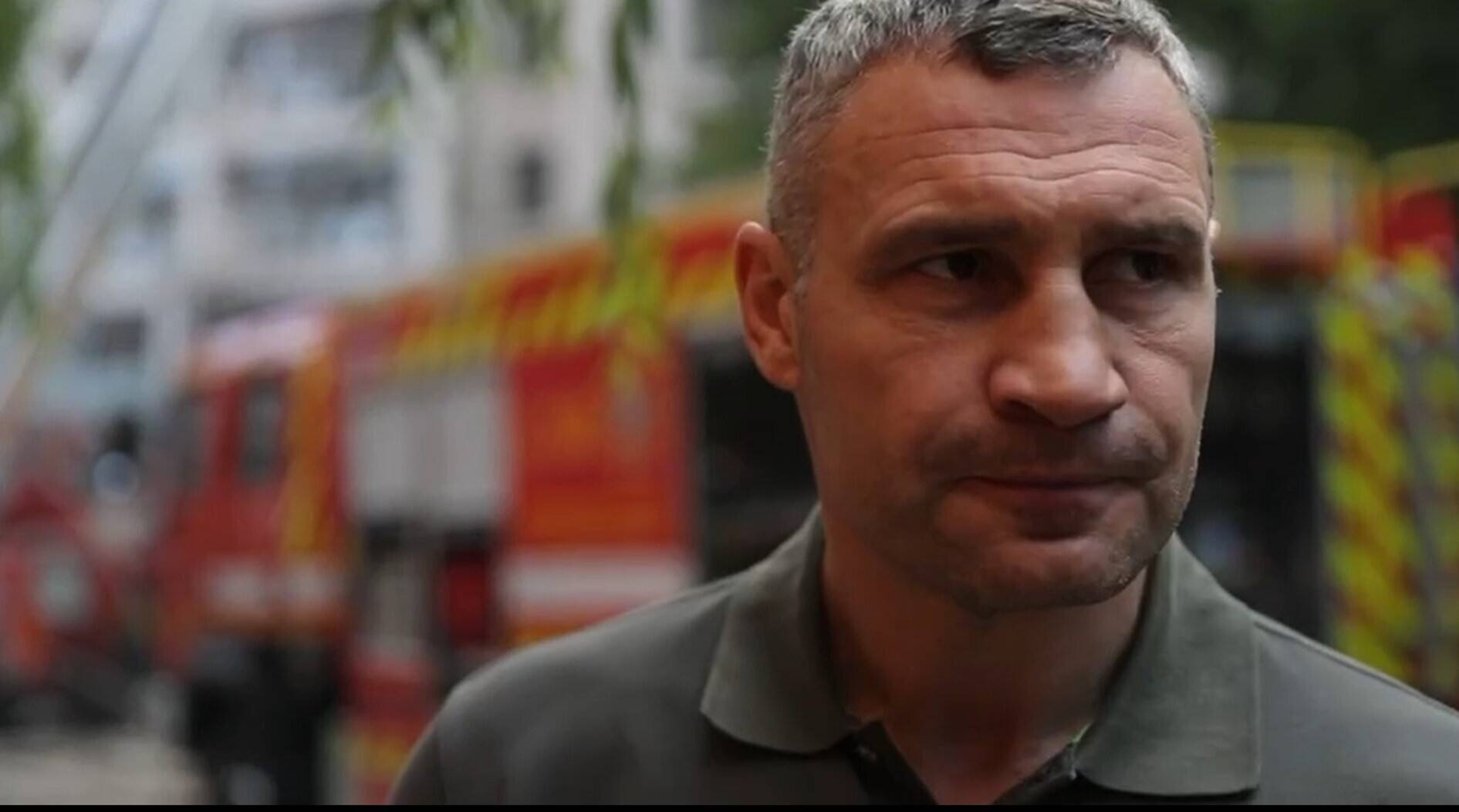Deepfake: The term quickly made the rounds after Berlin Mayor Franziska Giffey fell for a fake video call with Kiev Mayor Vitali Klitschko.
–
The Senate Chancellery itself made the unusual process public on the same day, and most of the media quickly agreed: Giffey had fallen for video images that were generated using artificial intelligence, i.e. a deepfake.
–
How powerful is deepfake technology?
The journalist Eva Wolfangel was suspicious from the start: “And then there were quite quickly various indications that it might have been cut together without artificial intelligence using relatively simple methods, from one medium.” She also finds this “a lot clearer,” says Wolfangel. “Despite everything, you still don’t know for sure what it was exactly.”
–
There are already deepfake videos in which people are imitated. “The technology is powerful,” says Wolfangel. But have a real-time video call with someone so they don’t notice? “I would say that the technology cannot do that yet. That’s why I think it’s premature to talk about deepfake.”
–
Technology myths are propagated
Wolfangel is critical of the fact that the media carelessly spread such technology myths. The job of the media is to “enable people to help shape democracy. And for this it is absolutely important that people are realistically informed about what is possible.” Especially with regard to artificial intelligence and democracy, there are still numerous points to be clarified.
–
Wolfangel also appeals to her colleagues to report in detail on topics such as social scoring in China, “where the idea of perfect surveillance is always drawn”, or the alleged election manipulation in the USA by algorithms. “I do believe that it is our job to convey these subtleties to people and not to say: It’s black or it’s white. And also point out how to recognize deepfakes. Enlighten.”
–
Her conclusion from the incident: “As the media, we really have to be careful that we find a good middle ground between scaremongering and trivialization. You can see that very clearly in the topic.”
–
undermine trust in democracy
Now it’s about learning from the hasty reporting, “by reporting on it now, researching it and also educating each other: What can the technology do and what do we have to prepare for?”
–
After all, the fake video call that a Russian comedian duo has now claimed was intended to create confusion and weaken trust in democracy and in Ukraine. And that “unfortunately succeeded,” says Wolfangel. “The strategy of such actions is, of course, to embarrass people, to confuse people, to weaken trust in our politicians, and it is our job as the media to stand up for democracy and point that out.”
–
Subscribe to our Weekender newsletter!
The most important cultural debates and recommendations of the week, straight to your email inbox every Friday.
–
Thank you for signing up!
We have sent you an email with a confirmation link.
If you do not see the registration confirmation email in your inbox, please check your spam folder.
–
Welcome back!
You are already registered for this newsletter.
–
–
–
–
–


